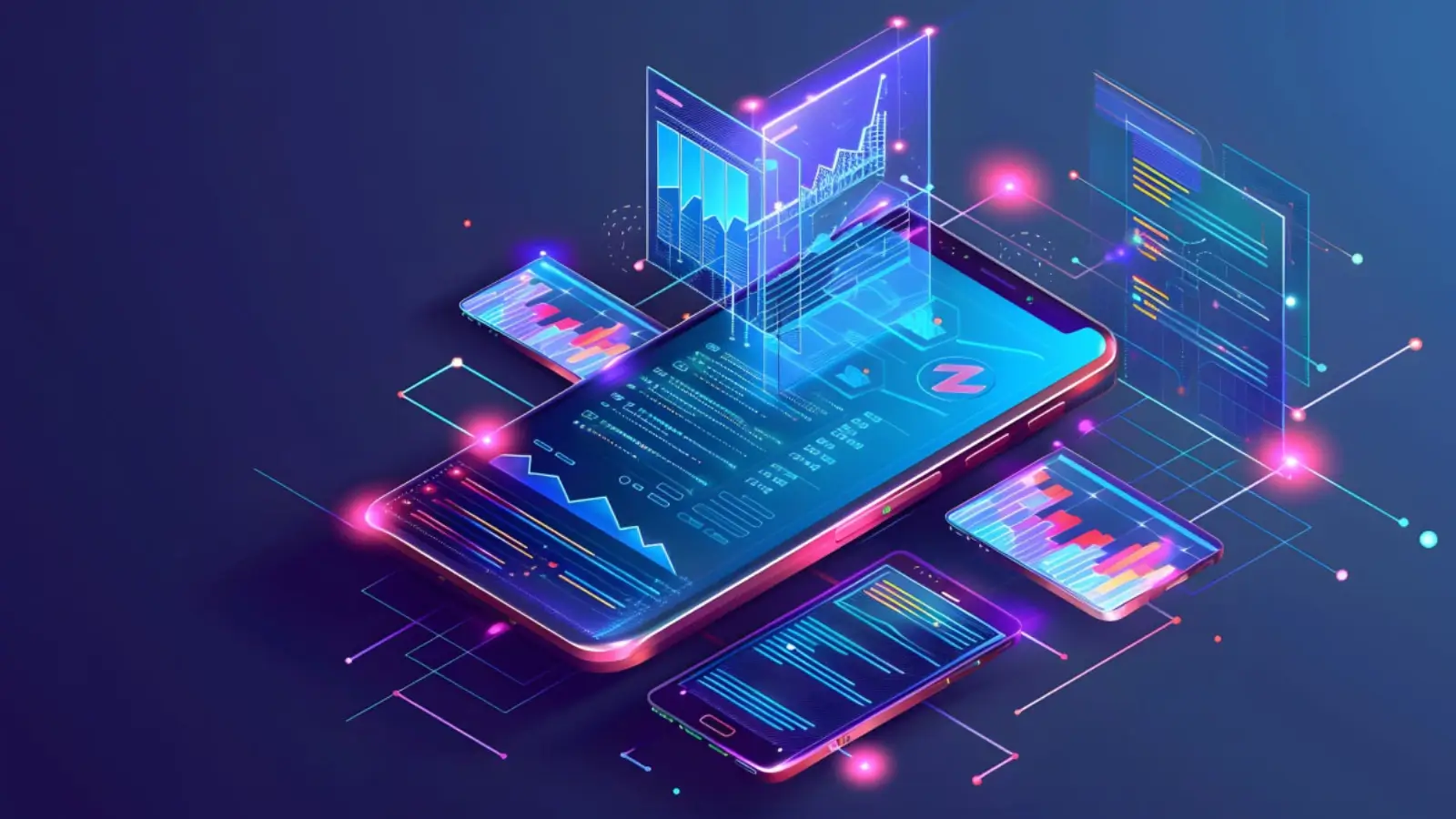In today’s hyper-connected economy, mobile apps have evolved from convenience tools to mission-critical business enablers. But the one-size-fits-all era of mobile software is rapidly fading. Enterprises and startups alike are now leaning into industry-specific mobile apps — platforms purpose-built for the unique workflows, compliance needs, and user behaviors of distinct sectors like healthcare, logistics, legal tech, education, and real estate.
This shift toward specialization isn’t just a trend — it’s a reflection of deeper market maturity, user expectations, and operational demand. If you’re a business leader in 2025, investing in a tailored solution isn’t just smart; it’s essential.
For companies looking to capitalize on this strategic move, working with experienced mobile app developers in Los Angeles gives them the edge. Whether you're launching a HIPAA-compliant telehealth platform or a smart inventory management tool for warehouses, partnering with a mobile app development company that understands your domain can dramatically reduce risk and increase ROI.
The Demand for Verticalized Mobile Solutions
As industries become more digitized, generic apps fail to accommodate sector-specific needs. For instance:
-
A healthcare app needs to prioritize patient data encryption, EHR integration, and telemedicine compliance.
-
A logistics app must sync with fleet tracking software, driver logs, and real-time route optimization.
-
Legal tech platforms demand secure client communications, document scanning, and case file organization.
Trying to retrofit an off-the-shelf solution into these use cases usually results in bloated interfaces, security vulnerabilities, and poor adoption rates. In contrast, custom mobile apps designed for verticals offer better UI/UX alignment, regulatory compliance, and performance.
Why Los Angeles Businesses Are Going Custom
Los Angeles, a city booming with startups and enterprise innovation across media, healthcare, transportation, and fintech, is at the forefront of this movement. Companies are increasingly turning to mobile app developers who specialize in localized, industry-aware development.
Here’s why LA businesses are leading the charge:
Diverse Industry Needs: From Hollywood to biotech, L.A. houses a spectrum of industries — each needing specialized digital tools.
Higher Standards for UX: L.A. consumers and professionals alike demand sleek, intuitive user experiences.
Proximity to Innovation: With major universities, incubators, and accelerators, the region fosters cutting-edge development approaches like AI-powered personalization, real-time data syncing, and AR/VR integrations.
By working with a app development company that not only understands coding but also your business context, companies are accelerating time-to-market while meeting compliance and design expectations.
Key Benefits of Industry-Specific Mobile Apps
1. Higher User Engagement & Retention
Users are far more likely to engage with an app that speaks their language — literally and figuratively. Industry-specific features, workflows, and terminology make your app more intuitive for its target audience. This reduces learning curves, boosts daily active usage, and enhances long-term retention.
2. Built-In Compliance & Security
Industries like healthcare, finance, and education are heavily regulated. Custom apps can be built from the ground up with compliance standards (HIPAA, GDPR, FERPA, PCI-DSS) in mind — avoiding expensive retrofits or legal consequences down the line.
3. Seamless Integration with Industry Tools
A generic mobile app won’t talk to your EHR, your fleet management dashboard, or your POS system out of the box. But industry-specific apps can integrate with your existing tech stack — reducing friction and centralizing operations.
4. Competitive Differentiation
When your app provides functionality that your competitors can’t match — because theirs is off-the-shelf or too generic — you gain a real market advantage. Industry-specific features like voice dictation for legal notes or AR staging for real estate listings can be game changers.
Use Cases Across Industries
Let’s break down some real-world applications:
- Healthcare: Patient scheduling, video consultations, symptom checkers, AI diagnostic tools, and wearable sync.
- Real Estate: Virtual home tours, geo-targeted push notifications, mortgage calculators, CRM integrations.
- Retail & eCommerce: AR-based try-ons, loyalty rewards programs, hyper-personalized recommendations.
- Logistics: Real-time fleet tracking, digital proof of delivery, driver performance analytics.
- Education: Gamified learning modules, student portals, and attendance tracking with QR codes.
Each of these examples requires specific features and compliance standards. A generic mobile app template just won’t cut it.
Why MVP Matters More Than Ever
One smart way to approach custom mobile app development in 2025 is by building a Minimum Viable Product (MVP) first — especially for startups and SMBs. MVPs allow you to launch quickly with core industry-specific features, validate user feedback, and iterate fast.
Many top mobile app development companies in Los Angeles now offer MVP development as a standalone service, helping clients balance speed and quality while minimizing risk.
Cross-Platform Tools Are Helping Niche Apps Scale Faster
Thanks to tools like Flutter and React Native, industry-specific apps can now be built and deployed across iOS and Android using a single codebase — without compromising performance. This is especially valuable for startups and mid-sized businesses that need rapid scaling without doubling dev costs.
However, even cross-platform development needs industry expertise. Your development team must understand not just the framework, but how your users behave in your industry — what features are essential, what workflows need optimization, and what data needs protection.
Choosing the Right Development Partner
If you're ready to build an industry-specific app, choosing the right development partner is crucial. Ask questions like:
-
Do they have experience in your vertical?
-
Can they guide you from discovery and UX wireframing to launch and post-launch scaling?
-
Do they offer product strategy, compliance consultation, and native + cross-platform development?
Many mobile app developers now operate as full-stack digital partners rather than code-only shops. This means you get access to business strategists, designers, QA testers, and product marketers — all under one roof.
Final Thoughts: The Future Is Specialized
In 2025, the future of mobile app development lies in specialization. As consumers and enterprise users grow more sophisticated, they demand tools that understand their exact needs. Industry-specific mobile apps aren’t just more functional — they’re more strategic, secure, and scalable.
Whether you’re a logistics startup, a multi-location clinic, or a legal tech platform looking to innovate, the key is working with developers that gets your world — not just your wireframes.
















